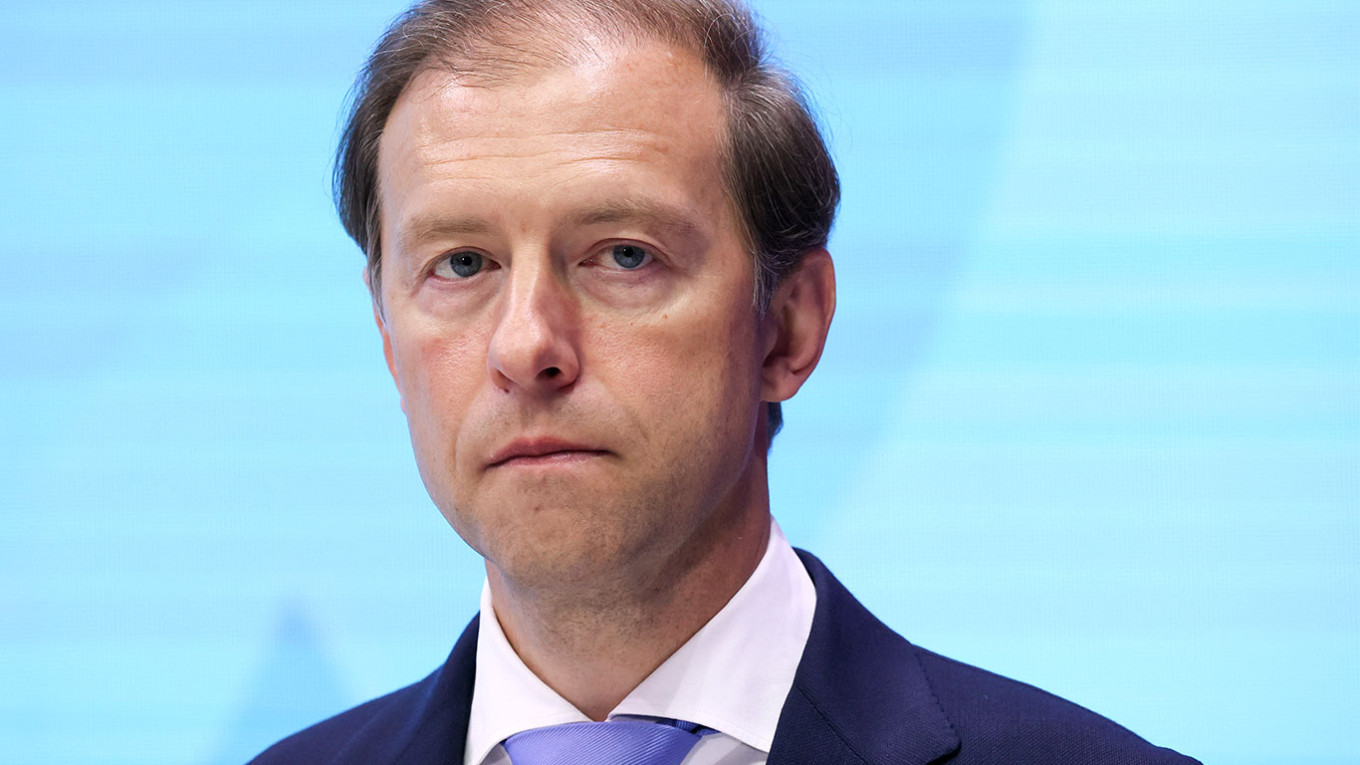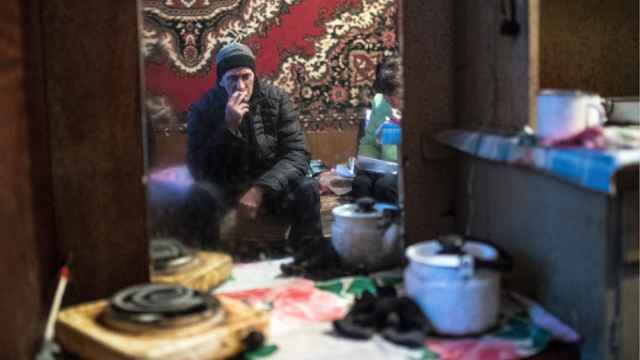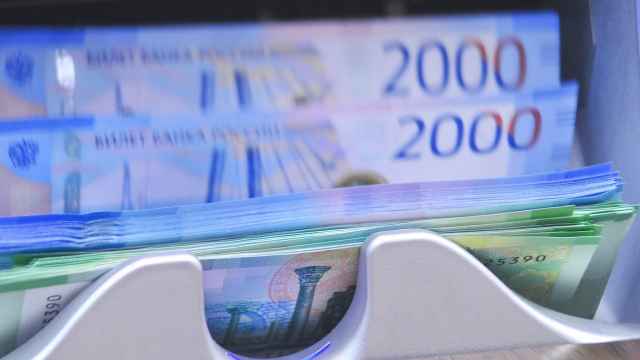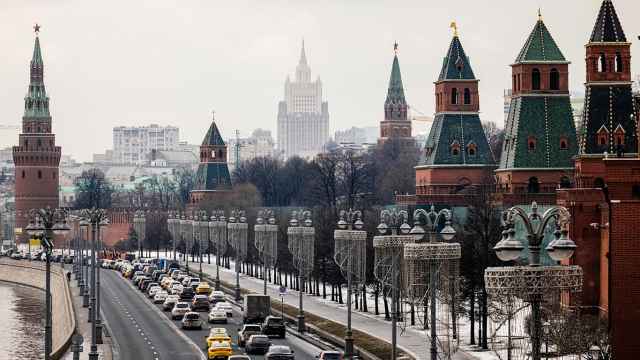Macroeconomic and industrial policy may not make for gripping reading, but they are the stuff great powers are made of. Bullets and bandages require factories, shipping, and balance sheets. Western sanctions were never designed to deliver a quick knockout blow. Instead, it’s best to think of them as a means of short-circuiting the capacity of the Russian state to juggle the demands of a war of conquest with the worsening economic fallout.
After months of complacent and perfunctory announcements, Denis Manturov was named a vice premier to Prime Minister Mishustin’s team in mid-July. His task is gargantuan: mobilize what he can of the Russian state and business and intervene to save Russia’s industries from the worst crisis they’ve faced since the 1990s.
State interventions and control of economic decisions have a deeply checkered history in Russia. But that doesn’t mean that markets are always better; broken markets are certainly not superior. Markets ration goods to consumers through prices. Sanctions make crucial goods scarce, including goods that companies need to setup new factories and replace imports. In this case, prices explode and trade between firms and sectors falls precipitously, leaving companies and consumers struggling.
No wonder Manturov told the press that the government intends to abandon an “absolute” market policy and move towards providing “technological sovereignty.” Only the state can theoretically bring the resources and coordination needed to clear the accumulating bottlenecks choking the economy. Markets can’t move fast enough to address the kind of problems that are emerging.
Sins of the past, woes of today
Unfortunately for Manturov and other policy curators, whatever they do will be haunted by past sins. Putinism’s profound lack of long-term planning and political preference for stagnation have cost the Russian economy – and the nation’s war machine — dearly over the past twenty-three years. Even when Russia was booming during the 2000s, the government ran huge budget surpluses, pulled money out of the economy and failed to sufficiently prioritize long-term investments in infrastructure. Government policy was setting aside as much as 5-6% of GDP annually. If oil and gas motored Russia’s boom from 1999-2008, this unspent money became a handbrake permanently throttling growth. The financial “prudence” of the state has been a straitjacket on investment and standards of living for well over a decade.
Hoarding money to buy support in a crisis or ride out sanctions ended up depriving the regime of basic material needs to prosecute a war and command a wartime economy effectively.
To successfully build up domestic industries for complex components, a government needs a lot of capital, the capacity to import necessary components, a trade policy that allows domestic industries to slowly move up the value chain, and enough demand for whatever is produced.
Today, Russia can’t effectively meet any of these basic requirements. It can’t easily import many necessary components or else pays a premium to do so. It has systematically weakened domestic demand for two decades and is in a major recession for the third time in 15 years. Spending trillions of rubles to build up capacity to replace the myriad things Russia imports from abroad was possible prior to Feb. 24. Now that risks higher inflation because of the huge constraints on supplies for any industrial expansion.
Mining equipment, proprietary software shared by foreign firms now leaving the Russian market, generators, industrial baking ovens, airplane and car parts — nearly every consumer and defense industry relies on foreign inputs to varying degrees. Running deficits to significantly expand production will inevitably raise the prices of the scarce goods needed to build new industries with a shrinking labor force and declining levels of labor migration. It’s a perfect storm leading to higher inflation, falling consumption, lower investment, and lower incomes as the state struggles to avoid or limit budget deficits.
What were they thinking?
If it is true that the inner circle around Putin decided to invade Ukraine in 2021, there is no evidence it made any economic preparations for what has followed. Perhaps this reflects honest shock that Western partners and allies were successfully able to coordinate various sanctions measures. Whatever the internal thinking in Moscow, the wartime economy measures adopted by the Duma in July create legal justification for the reallocation of resources from the civilian economy for military purposes. They do not, however, address the real problem.
The regime’s failure to plan economically is a plan to fail. Without strong institutions to coordinate investment or decide who gets what, the alternative is handshake deals, frantic campaigns from businesses, and the steady accumulation of advantages to state-owned firms or companies with easier access to credit. Money and credit can be created and gifted with the stroke of a pen. You can’t print a computer chip, an airbag, or a train car.
“Technological sovereignty” is just the latest word salad for Russia’s impotent attempts to achieve economic autonomy. It’s no small irony that the Soviet economy was more complex than its Russian successor and better suited for the task. Despite its countless flaws, it still possessed institutions capable of coordinating policy choices and directing investment. Manturov is now tasked with recreating a fraction of that capacity with the caveat that he could be replaced whenever convenient.
Russia can still wage war with all of these limitations. But the inadequacies of the Russian political system and its grasp of economic policy raise a question too few are asking: If the cost of victory is the destruction of the economy, can Russia afford to win?
A Message from The Moscow Times:
Dear readers,
We are facing unprecedented challenges. Russia's Prosecutor General's Office has designated The Moscow Times as an "undesirable" organization, criminalizing our work and putting our staff at risk of prosecution. This follows our earlier unjust labeling as a "foreign agent."
These actions are direct attempts to silence independent journalism in Russia. The authorities claim our work "discredits the decisions of the Russian leadership." We see things differently: we strive to provide accurate, unbiased reporting on Russia.
We, the journalists of The Moscow Times, refuse to be silenced. But to continue our work, we need your help.
Your support, no matter how small, makes a world of difference. If you can, please support us monthly starting from just $2. It's quick to set up, and every contribution makes a significant impact.
By supporting The Moscow Times, you're defending open, independent journalism in the face of repression. Thank you for standing with us.
Remind me later.






